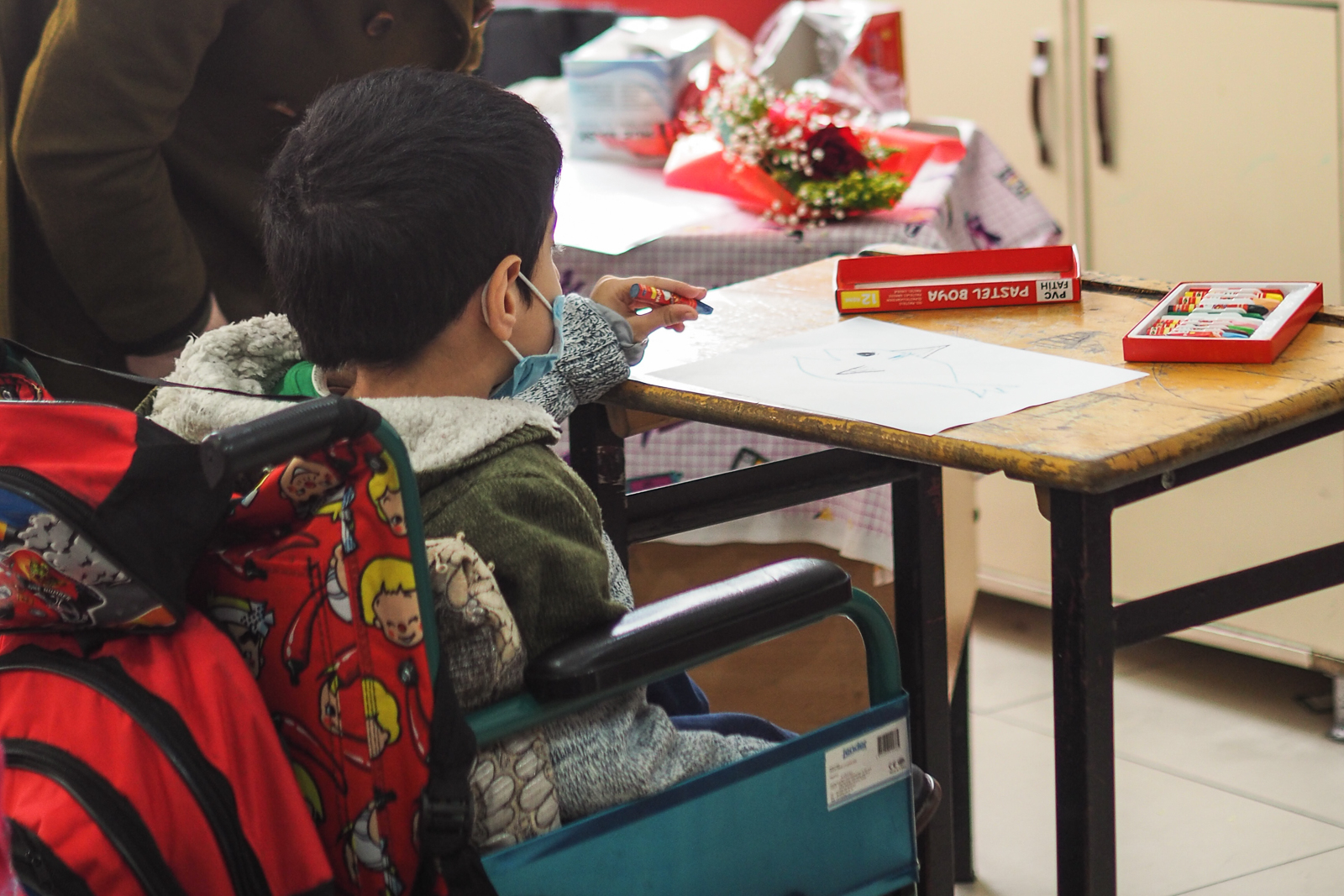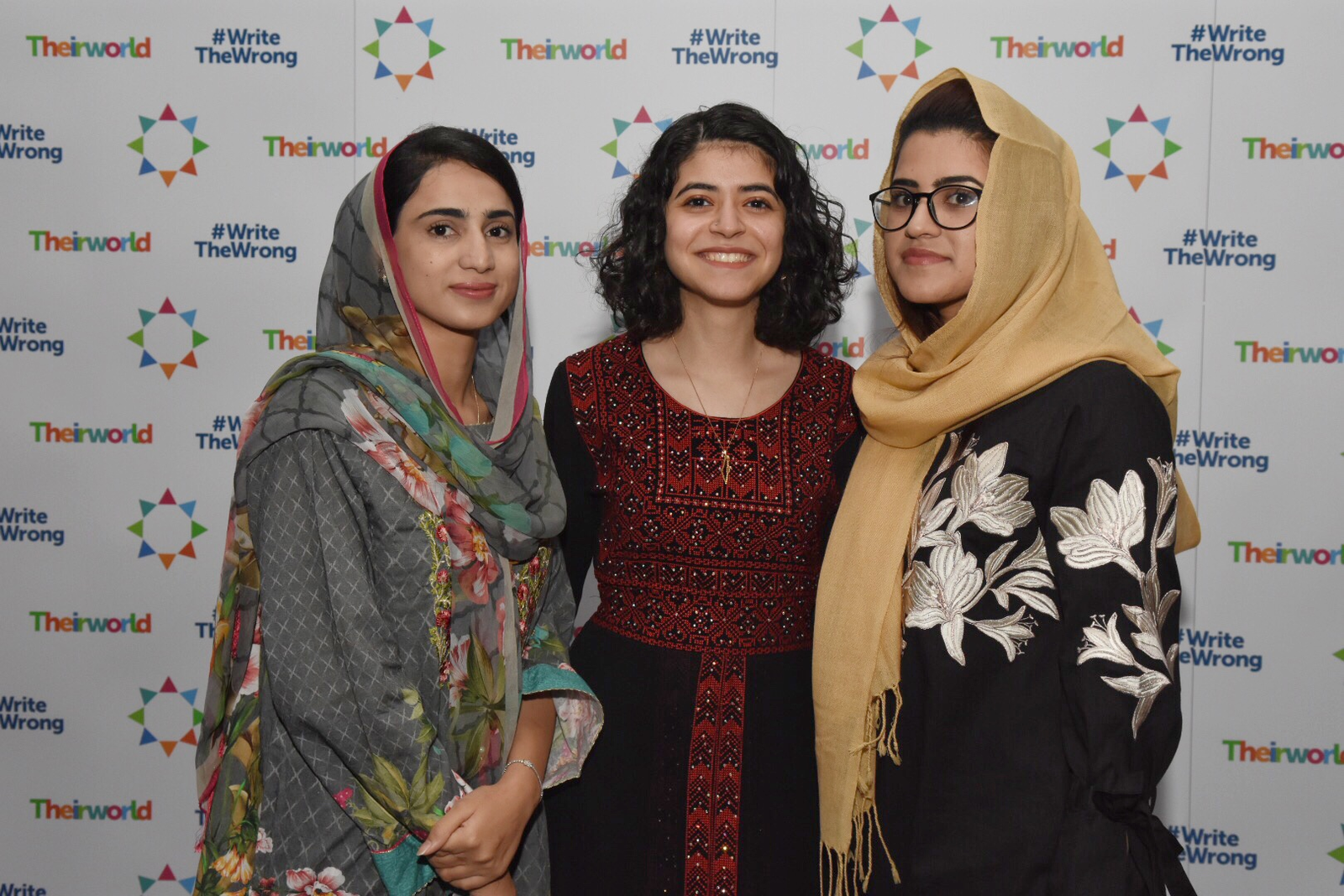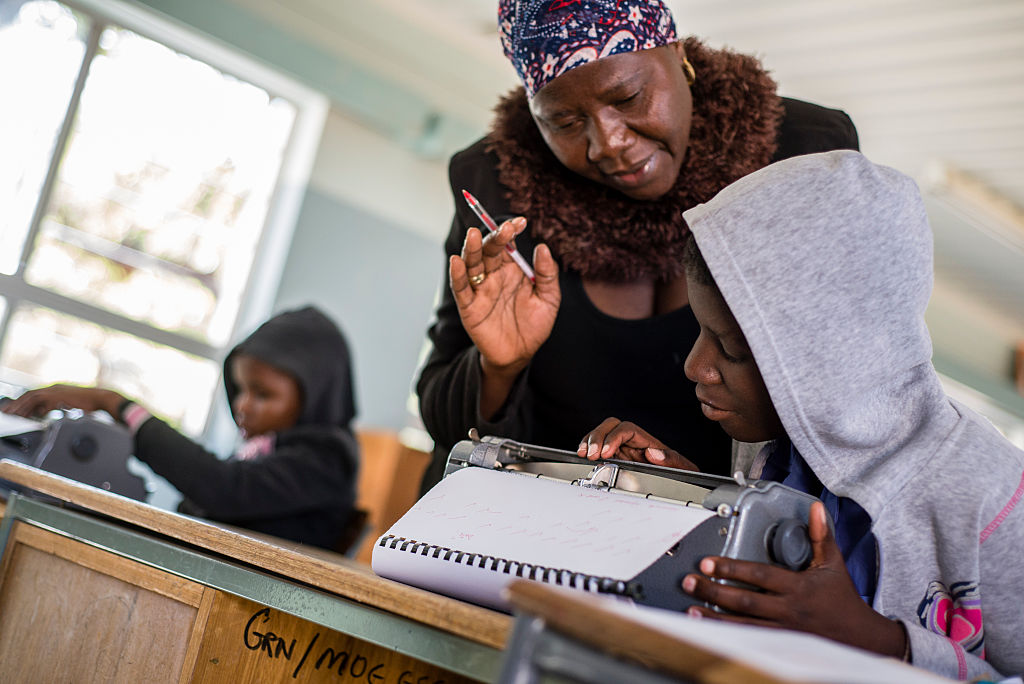
Girls with disabilities still being left behind on education
Barriers to education, Children with disabilities, Girls' education, Right to education
Being excluded from school or not having access to facilities and services at school can have long-term consequences, a new report has revealed.
Girls with physical and mental disabilities are routinely excluded from education and aid programmes in poor countries, stopping them from finding jobs and exposing them to greater risk of exploitation, an international charity has said.
Disabled girls often struggle to get to schools that are far from their homes and they face a lack of accessible toilets and assistance while special devices and services are often given to boys first, Leonard Cheshire Disability said in a report published on June 15.
“Some families resist sending their disabled daughters to school because of fears about their safety or in a bid to protect them from sexual violence,” Ola Abu-Alghaib, head of impact at Leonard Cheshire, told the Thomson Reuters Foundation.
http://www.youtube.com/watch?v=C6Azuq0h3sk
“The consequences of not getting an education can be extreme and have a devastating effect on the ability of disabled girls to fulfil their potential, gain employment and support themselves or their families,” she said.
At least half of the world’s 65 million school-age children with disabilities – most of them in sub-Saharan Africa and south Asia – are kept out of the classroom because little to no money is budgeted for their needs, disability rights groups said last October.
Many charities that strive to help getting girls to school do not provide special help for disabled ones while disability programmes often treat boys and girls the same, the report said.
Despite obstacles to disabled girls’ education, a majority of aid groups do not have projects targeting them specifically, the report said.
Researchers interviewed 20 aid groups who work to promote education and found that barely one in three had specific information on girls with disabilities.
“Many poor families will try to marry their daughters with disabilities as soon as possible to transfer the burden of care and be assured that someone will take care of their daughter,” Abu-Alghaib said.
“This puts these girls at higher risk of ending up in abusive relationships and prevents them from accessing education,” she added.
The exclusion of children with disabilities is a major obstacle to meeting the Sustainable Development Goals (SDGs), which aim to ensure inclusive and equitable quality education for all by 2030, the International Disability and Development Consortium has warned.

More news

Education is a right … but Afghan girls are still shut out of schools
